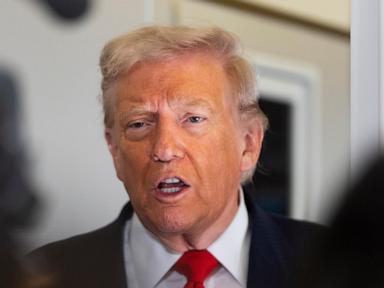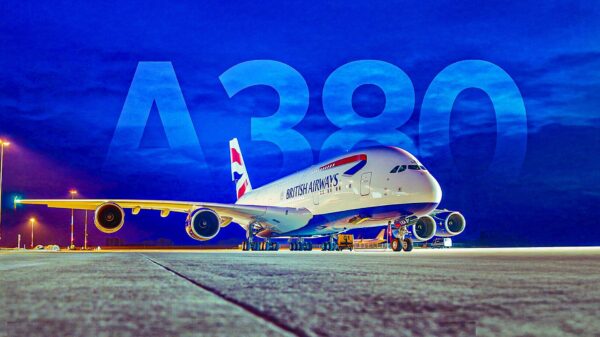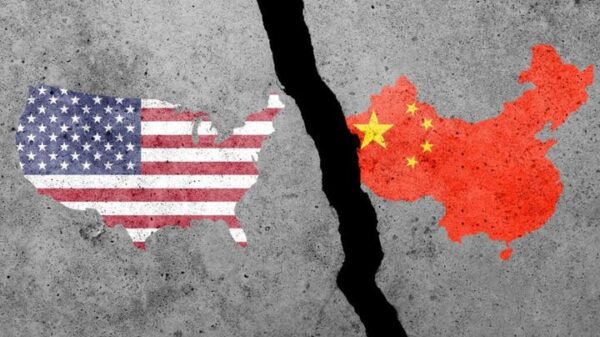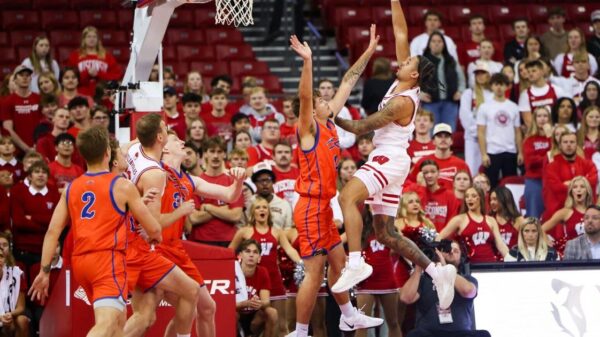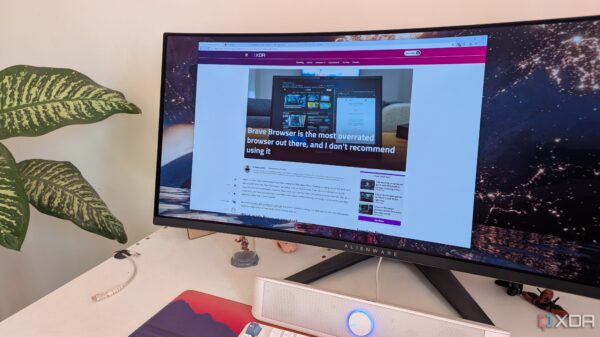Oil prices remained relatively stable this week, with market sentiment leaning bearish following the announcement of a one-year truce in the trade conflict between the United States and China. Despite this economic backdrop, Indian refiners are reportedly moving away from Russian oil in response to newly imposed U.S. sanctions on key Russian energy companies.
As of 2:22 PM ET on Friday, Brent crude for December delivery was priced at $65.07 per barrel, a slight decrease from $66.48 per barrel the previous week. Concurrently, the West Texas Intermediate (WTI) contract traded at $60.92 per barrel, down from $61.95 per barrel. These shifts in pricing come after the U.S. government enforced additional sanctions targeting Russian oil and gas giants Rosneft and Lukoil. This move followed similar sanctions introduced by the United Kingdom.
Over the past three years, India has capitalized on discounted Russian crude, which often sold for $8-$12 less per barrel than Middle Eastern benchmarks. Since mid-2022, Russia has been India’s largest oil supplier, with imports peaking at approximately 1.75 million barrels per day. In light of the latest sanctions, however, Indian refiners are now prioritizing more expensive U.S. and Middle Eastern oil.
The recent sanctions have restricted the shipping, insurance, and trading networks that Indian refiners relied upon to access Russian oil. As a result, the share of Russian oil in India’s import portfolio has diminished to 34% this year, down from 36% in the previous two years. In contrast, U.S. crude imports surged to 575,000 barrels per day in October, marking the highest level in three years and indicating a strategic pivot in India’s energy sourcing.
Vinod Nair, Head of Research at Geojit Investments, expressed concerns about the potential economic implications of these shifts. He highlighted that elevated crude prices could exacerbate India’s fiscal deficit and increase the import bill, particularly as crude oil prices have surged following the new sanctions against Russian oil majors.
Commodity analysts at Standard Chartered suggest that the trajectory of oil prices will largely depend on how many Russian barrels are removed from global supply as a result of these sanctions. Over the past year, Rosneft and Lukoil exported 1.9 million barrels per day of crude via maritime routes, primarily to India and China.
In response to changing dynamics, Russia has sought to strengthen its ties with Chinese energy buyers. Recent agreements, including the construction of the Power of Siberia 2 natural gas pipeline, reflect Russia’s efforts to secure new markets. If India and China begin to replace Russian Urals with crude from alternative sources, including the U.S., Middle East, Brazil, Canada, and West Africa, Russia may struggle to compensate for this loss in demand.
As the market watches closely, the upcoming virtual meeting of OPEC+ on November 2 will be pivotal. Analysts from Standard Chartered anticipate that the group will maintain its current strategy of increasing output by 137,000 barrels per day each month. This strategy is not expected to change during the upcoming meeting, particularly in light of Iraq’s compliance with compensation cuts, which have been under scrutiny.
Iraq’s Oil Minister, Hayan Abdel-Ghani, recently reported that the country’s total oil exports are around 3.6 million barrels per day, with approximately 200,000 barrels per day coming from the Kurdistan region. Iraq exported 3.4 million barrels per day in the first nine months of the year, with a significant portion heading to India and China.
Compounding these developments, a recent fire at the Zubair-1 depot could potentially disrupt exports. It is estimated that this incident has cut around 400,000-600,000 barrels per day of Basra medium crude from export markets. Any sustained disruption could complicate India’s and China’s attempts to replace Russian oil supplies.
As these shifts unfold, the global oil landscape may face significant changes, with repercussions for pricing and supply chains.




